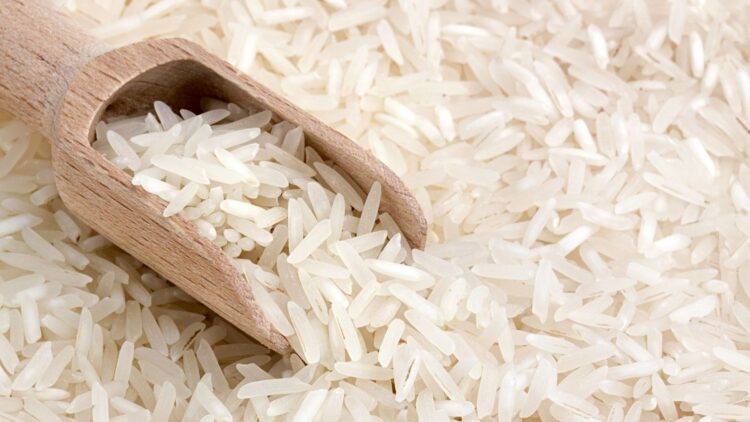Are you one of those who washes rice before cooking it? Do you prefer not to? This world-renowned cereal has a preparation process that is quite confusing and enigmatic, although that doesn’t stop it from being one of the most consumed. It is one of the staple foods of practically all cuisines, with a high level of nutrients and minerals that make it a great source of energy. It is rich in carbohydrates, vitamin B, calcium, and potassium, and it acts directly on metabolism.
However, thanks to food engineering and professionals like Mariana Zapién, we can know that it also contains elements like starch and arsenic (which is a heavy metal), and that washing it is enough to eliminate a large percentage of them. Through her profile on the social network Instagram, Zapién gives advice on food safety and guides us on what we should and shouldn’t do with our food.
Rice as the basis of the diet
Despite having its origins in Asia, rice has become one of the staple products of any cuisine. It is believed that from southern China (its origin), it spread to the rest of the planet, reaching Europe with the Arabs during the Middle Ages and then to America. Although this is the most well-known theory, its origin is also traced back to India. Regardless of the importance of its origin, this cereal is known and consumed worldwide.
Not only for its rich flavor but also for the multiple properties it possesses. It is considered one of the major sources of energy due to its high content of nutrients and minerals. It is also rich in carbohydrates, vitamin B, calcium, and even potassium. All these components act directly and positively on our metabolism.
Do we really know how to cook rice?
There are many rumors about how to cook this cereal. Do you need to wash it before cooking? What are the benefits? Is it dangerous not to do so? What happens if you don’t wash it? Thousands of questions and opinions that can only be resolved in one way; by turning to food engineering. That is why Mariana Zapata, a food engineer, has decided to put an end to this debate on her Instagram social media profile, answering all these questions in an explanatory video.
Rinsing rice with water
What exactly happens when we wash rice? This cereal is grown at ground level, so it can absorb various minerals, nutrients, and substances from the soil. This is what happens with arsenic, which is naturally found in soil and water, and thus rice absorbs it. According to Zapién, “washing rice helps eliminate dust, some starch, and even heavy metals like arsenic.
” According to experts, washing rice between 3 and 5 times helps remove about 30% of arsenic, and up to 45% if cooked with plenty of water. It is true that it is a heavy material dangerous to health, but Zapien asks for calm, “You would have to eat more than half a kilo of rice every day for more than four years to have any adverse effect.” Therefore, the presence of arsenic in rice does not pose a threat to food safety.
So, should we rinse the rice or not?
The presence of arsenic could be one of the reasons for rinsing rice, but it’s not an obligation. The answer to this eternal debate is that it will always depend on personal preferences and tastes. There are studies that reveal that washing rice removes starch, which has benefits for the intestinal microbiota. There is no evidence that not rinsing rice poses a risk to our health, nor any other type of threat.
According to Mariana Zapién, ‘If you want loose and clean rice: yes, wash it. On the contrary, if what you’re looking for is for the food to be a little more ‘sticky’, it’s preferable not to wash it, and it won’t be necessary to do so. When it comes to food safety, the result is the same”.
